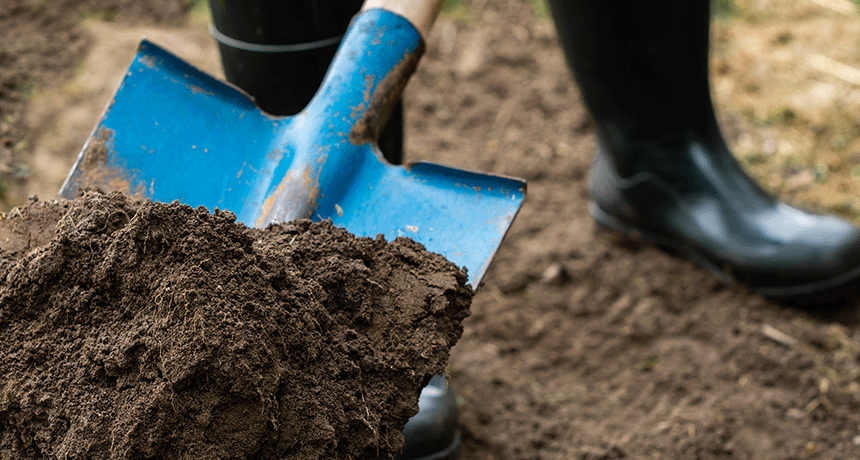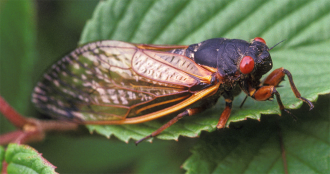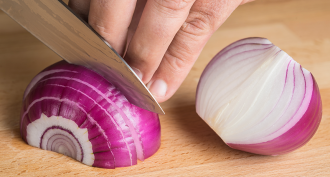
Lindsey Konkel Neabore likes to write stories about the environment and health for Science News for Students. She has degrees in biology and journalism. She has three cats, Misty, Trumpet and Charlotte, and one dog, Lucky.

All Stories by Lindsey Konkel Neabore
-
 Health & Medicine
Health & MedicineStudy links weight to when the school bell rings
Teens and preteens who started school earlier in the morning were slightly heavier than those who started later, in a large study of Canadian students.
-
 Chemistry
Chemistry‘Thirdhand’ smoke can hitchhike to non-smoking sites
Harmful “thirdhand” smoke — the type that attaches to surfaces — can hitch a ride on airborne particles or clothes and travel into non-smoking buildings.
-
 Health & Medicine
Health & MedicineTeens with eating disorders can find themselves bullied
In some kids, unhealthy eating behaviors may heighten their risk of being bullied and developing depression.
-
 Environment
EnvironmentRestaurant diners may ingest extra pollutants
People who dine out have higher levels of certain potentially harmful pollutants in their bodies than do people who eat home-cooked meals, new data show.
-
 Chemistry
ChemistryBanana plant extract can slow how fast ice cream melts
Food scientists now show that adding these tiny plant particles to ice cream may delay the rate at which this treat melts into a soupy mess.
-
 Environment
EnvironmentDirty air can harm your brain and stress the body
New research shows that polluted air can mess with the bodies — including the brains — of even healthy kids and teens.
-
 Health & Medicine
Health & MedicineE-cigarettes don’t need nicotine to be toxic
E-cigarettes without nicotine can still be toxic. New studies find the flavorings in e-cigarettes can harm cells of the human immune system.
-
 Environment
EnvironmentTouching receipts can lead to lengthy pollutant exposures
The chemical BPA, which coats some cash-register receipts, may linger in the body for far longer than if someone had ingested it.
-
 Earth
EarthCool Jobs: Unearthing the secrets of soil
In ordinary soil, scientists can find clues to past civilizations, evidence to catch criminals and bacteria that might help fight global warming.
-
 Chemistry
ChemistryWhy are cicadas such clumsy fliers?
Chemical clues in the cicada’s wing may help explain why the bulky insect is a lousy flier.
-
 Chemistry
ChemistryWhy onions make us cry
Researchers add another piece to the molecular puzzle biochemists have tried to solve for decades — why onions can make our eyes tear up.
-
 Health & Medicine
Health & MedicineVape tricks could increase health risks, experts warn
Many teen e-cigarette users try vape tricks, a new study shows. Researchers worry the tricks could boost the health risks of vaping.